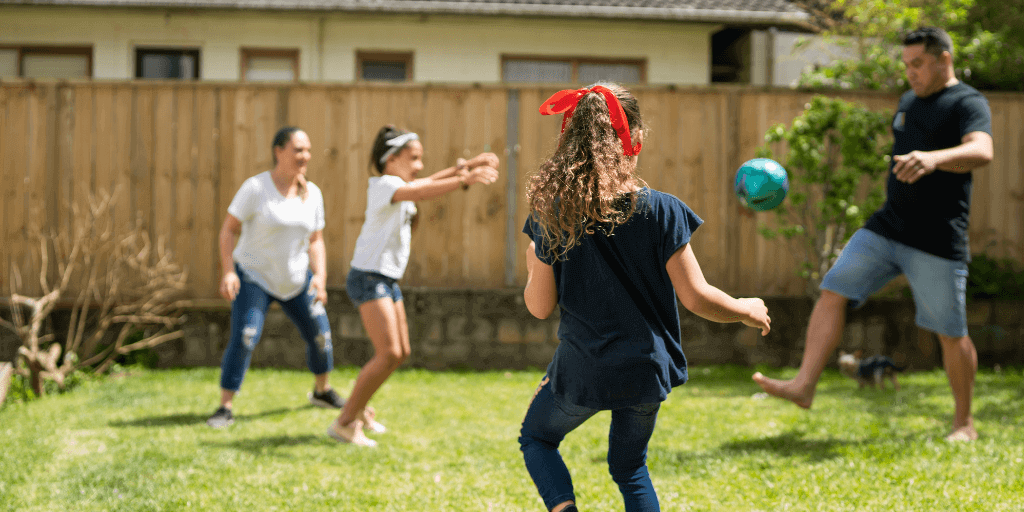
Why it’s essential for therapeutic care specialists to practice self-care
‘Why it’s essential for therapeutic care specialists to practice self-care’ blog article was written by Jessica Wright, Therapeutic Specialist at Australian Childhood Foundation.
We have heard a hundred times over (probably more) in the past few years that self-care is essential to ensure we can keep going. In my work as a Therapeutic Care Specialist, it’s almost a daily mantra. But how do we maintain self-care when we are working in an industry that never sleeps and problems often seem to grow overnight?
In a recent training for foster care workers I delivered, a participant reflected that they felt guilty implementing their own self-care when their clients constantly experienced difficulties and are often the first responders to trauma-responsive behaviours. This is undoubtedly a common problem in the sector and could contribute to burnout if not properly acknowledged or managed by the individual or organisation.
So, the question becomes, how do you frame self-care to be an essential part of your day in a way that ensures you can keep coming to work and holding difficult spaces with the families you work alongside?
If you believe what you see on Instagram, Facebook or the internet in general, self-care is taking time off work for massages, fancy face masks and luxurious holidays in picturesque locations. While that is incredibly valid self-care and a thoroughly enjoyable way to do self-care, it is hard to do every day and sustain it as a lifestyle.
While there are many ways to plan, think or do self-care, it is important to notice what we are already doing that can be reframed as self-care. Healthy Mind Platter was created by David Rock and Dan Siegel and uses the seven essential elements for optimum mental health. We are all aware that moving our bodies, connecting with loved ones, getting enough sleep and having some downtime is essential, but we often forget about the other elements left on the platter.
Dedicating parts of your day for time to reflect on body sensations, positive or enjoyable images, and thoughts and feelings can help your brain continue to integrate all the experiences you have. This may be as simple as looking at photos that you enjoy, doing some body scanning to get a sense of yourself or perhaps journaling and reflecting on your day.
Incorporating playtime, allowing time to be spontaneous or creative and engaging in new experiences will help your brain to make new connections. Playfulness is not just for children but for all humans and is an essential element of mental health.
It’s also crucial to allow for focused time. Prioritise goal-oriented tasks and take on new challenges to make deep connections in your brain.
Self-care is not solely about relaxing, switching off or going on a fabulous holiday; it truly is an integral element of our everyday lives that enriches our sense of self, deepens our neural connections and brings joy and challenge to us.
As professionals working with people who are often experiencing difficult circumstances, we also need to remain regulated in order to hold their emotions – we know you can’t pour from an empty cup.
What are the everyday elements in your life that can be enriched by using the healthy mind platter? This is your permission and encouragement to integrate self-care into your everyday.
Subscribe to the Professionals Newsletter
Join our community of more than 40,000 professionals from around the world who receive our weekly newsletter containing articles. Our newsletters help connect you to our blog, research, and free resources as they are produced. We also keep you informed on training opportunities including access to experts in the field, webinars, international speaker tours, conferences and more.
